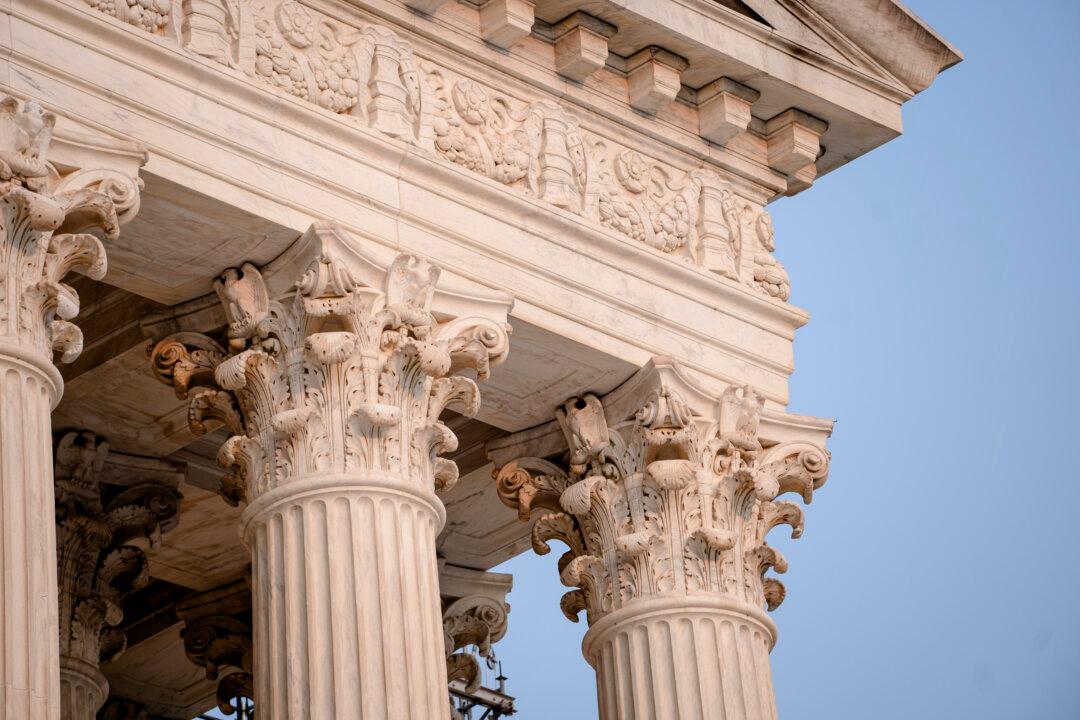Supreme Court justices and federal judges need not file public disclosure documents when they eat or stay at a personal residence, including those owned by business entities, a judicial rulemaking body announced on Sept. 23.
The new regulation contrasts with rules the U.S. Judicial Conference issued in March 2023 that mandated greater disclosure of gifts, meals, and trips, making it more difficult to claim an exemption from disclosure on personal hospitality grounds.





